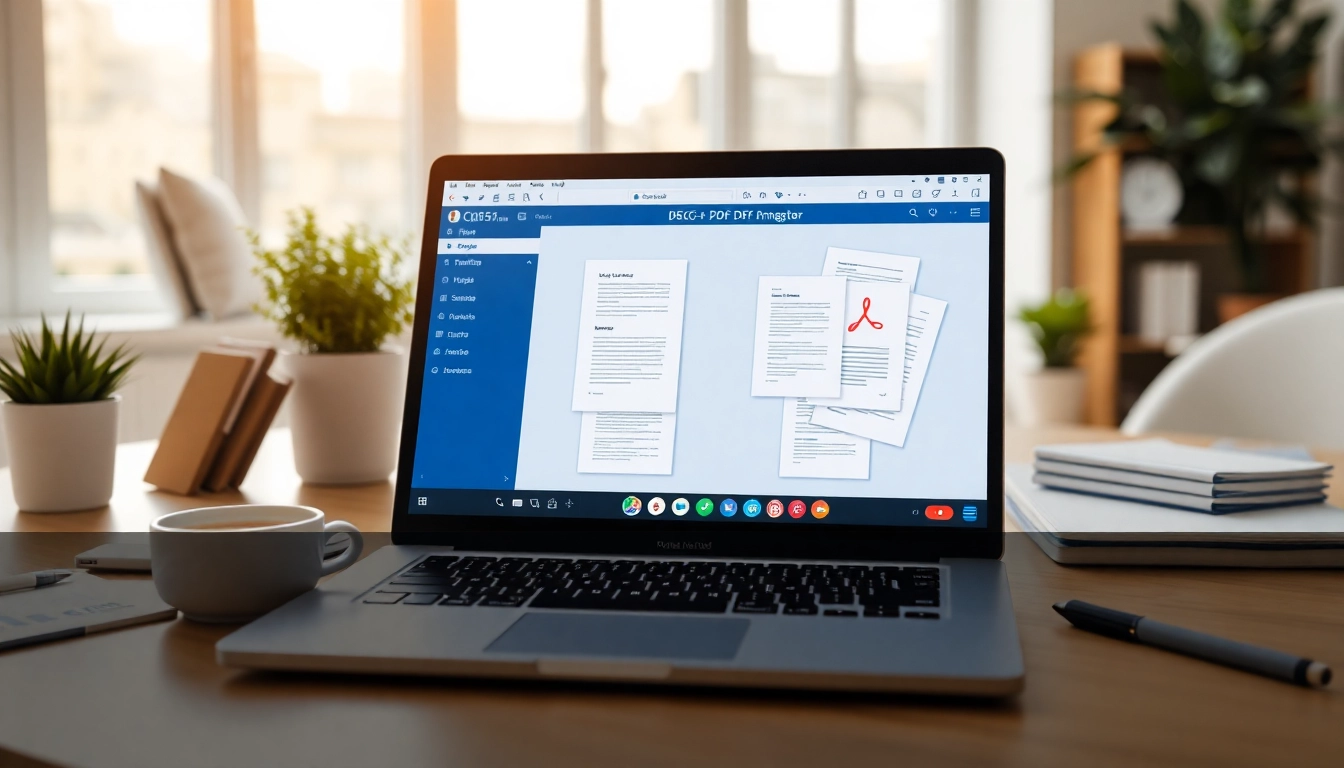Understanding Stress and Its Impact
Defining Stress: What It Means
Stress is a natural response to external pressures, whether they arise from work, relationships, or any number of demands on our time and resources. It manifests when the perceived demands outweigh our ability to cope, triggering a complex biological response. This can lead to feelings of anxiety, irritability, and even physical symptoms such as headaches or fatigue. Understanding stress’s definition is crucial as it forms the foundation for learning effective strategies for dealing with stress.
The Psychological Effects of Stress
Psychologically, stress affects our mental health and cognitive functions. Chronic stress can lead to significant issues such as anxiety disorders, depression, and a general decline in mental well-being. When under stress, the brain releases cortisol, a hormone that, in high levels, can impair memory and increase the risk of mental health issues. Additionally, the psychological toll of constant stress can lead to adverse effects on motivation, concentration, and overall productivity, impacting various aspects of life, including work and personal relationships.
The Physical Consequences of Dealing with Stress
The physical impact of stress cannot be underestimated. Prolonged stress can lead to various health problems, including cardiovascular diseases, digestive issues, and a weakened immune system. The body’s adrenaline response during stress can result in excessive heart rates, elevated blood pressure, and other cardiovascular challenges. Over time, these physical responses can lead to chronic health conditions, emphasizing the importance of proactively addressing stress through healthy management techniques.
Identifying Your Stress Triggers
Common Sources of Stress in Daily Life
Identifying sources of stress is the first step towards effective management. Common stressors include work deadlines, major life changes (like moving or changing jobs), financial troubles, and relationship issues. However, what might be a significant stressor for one individual may not affect another in the same way. Understanding personal stress triggers is essential for developing a tailored approach to managing stress in daily life.
How to Recognize Personal Stress Signals
Individual stress signals can vary widely. Some people may experience headaches or muscle tension, while others may notice changes in sleep patterns or appetite. Increased irritability or emotional sensitivity may also signal rising stress levels. Keeping track of these personal stress signals can empower individuals to respond proactively rather than reactively, allowing for healthier coping mechanisms to take place.
Journaling to Identify Stress Patterns
One effective way to identify stress patterns is by maintaining a journal. Writing down daily experiences and feelings can help individuals spot recurring themes or triggers. Journals can serve as a reflective practice, allowing for greater insight into what causes stress and how it affects emotional and physical health. Over time, this practice can reveal the correlation between specific stressors and the resulting mental and physiological responses.
Effective Strategies for Dealing with Stress
Mindfulness and Meditation Techniques
Mindfulness and meditation have gained recognition as powerful tools for combating stress. These practices encourage individuals to focus on the present, alleviating anxiety about past events or future dilemmas. Mindfulness can be practiced through techniques such as deep breathing, guided imagery, or yoga, all of which can help to deactivate the body’s stress response. Regular meditation sessions can lead to improved relaxation and enhanced emotional regulation, making it easier to handle life’s pressures.
Physical Activity as a Stress Reliever
Exercise is a well-documented stress reliever. Engaging in physical activity releases endorphins, the body’s natural mood lifters, which help combat anxiety and depression. Exercise contributes not only to physical health but also to mental well-being. Activities like walking, jogging, dancing, or practicing sports can serve as healthy outlets for stress, allowing individuals to channel their energy positively. Ensuring a regular exercise routine can significantly impact stress levels over time.
Time Management Strategies to Reduce Stress
Effective time management techniques can alleviate stress significantly. Poor time management can lead to overwhelming feelings and disorganization, exacerbating stress. Utilizing tools such as to-do lists, planners, and scheduling can promote a sense of control over daily responsibilities. Delegating tasks, prioritizing effectively, and breaking larger projects into manageable steps can help prevent the last-minute rush and the associated stress levels. These small adjustments can lead to significant changes in how stress is perceived and managed.
Building a Support System to Cope with Stress
The Importance of Communication in Managing Stress
Having a strong support network is critical in managing stress effectively. Open communication with friends, family, or colleagues allows individuals to share burdens and gain perspective on their situations. Supportive relationships can provide emotional strength, allowing individuals to feel understood and less isolated. Active listening, empathy, and providing a non-judgmental space for sharing feelings can make a notable difference in stress management.
Seeking Professional Help: When to Reach Out
For some, the signs of excessive stress may require professional intervention. Recognizing when to seek help can be challenging, yet it is crucial. Signs that indicate the need for professional assistance may include persistent anxiety, overwhelming feelings of sadness, or health issues exacerbated by stress. Mental health professionals can provide tailored therapeutic strategies to address individual needs, helping to create lasting change in coping strategies.
Connecting with Community Resources
Community resources can offer valuable support in stress management. Many communities offer workshops, group therapy sessions, or wellness programs that address stress and mental health. Engaging in these resources can foster connections with others facing similar challenges and provide practical coping strategies. Support groups, both in-person and online, can help individuals share experiences, validation, and solutions concerning stress.
Maintenance and Long-Term Strategies for Dealing with Stress
Developing Healthy Lifestyle Habits
Long-term stress management relies on establishing healthy lifestyle habits. Prioritizing sleep hygiene, maintaining a balanced diet, and engaging in regular physical activity contribute to a solid foundation for mental resilience. Incorporating relaxation techniques into daily routines, such as warm baths, reading, or practicing hobbies, can enhance overall well-being. These habits, supported by consistency, help in building a robust defenses against stress over time.
Regular Self-Care Practices for Sustained Well-being
Self-care is essential for managing stress effectively. It encompasses activities that nourish both the body and mind, enabling individuals to recharge. Self-care practices can include everything from mindful breathing exercises to setting boundaries to protect personal time. Regularly engaging in enjoyable or fulfilling activities, whether artistic endeavors, leisure activities, or simply spending time with loved ones, is vital for sustaining emotional health.
Evaluating and Adjusting Your Stress Management Plan
As life circumstances change, so too should stress management plans. Regular evaluation of stress triggers, coping strategies, and overall mental health can provide insight into what is or isn’t effective. Adjusting approaches based on what works best is essential for continued success in overcoming stress. This dynamic process ensures that the strategies remain relevant and practical, enhancing overall resilience and well-being.














Leave a Reply